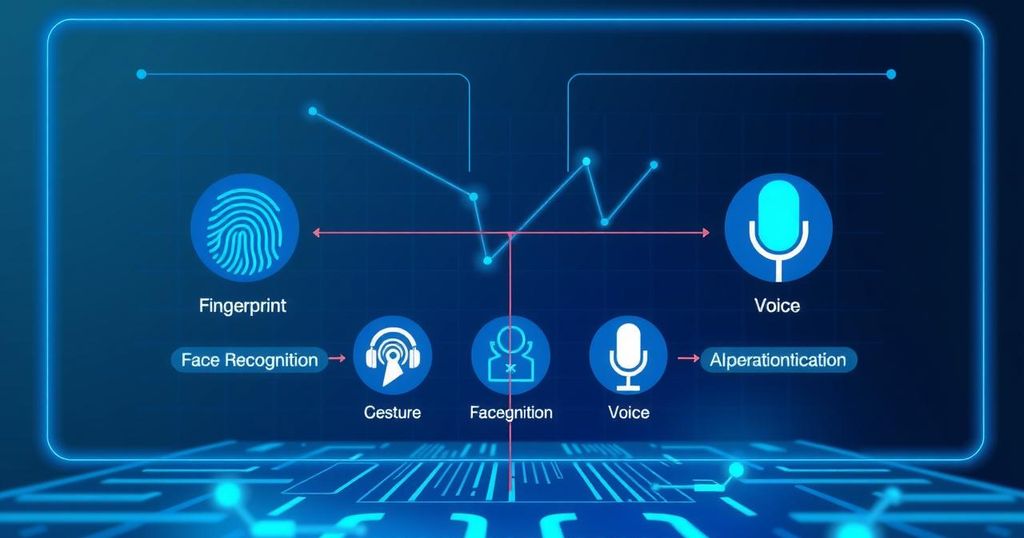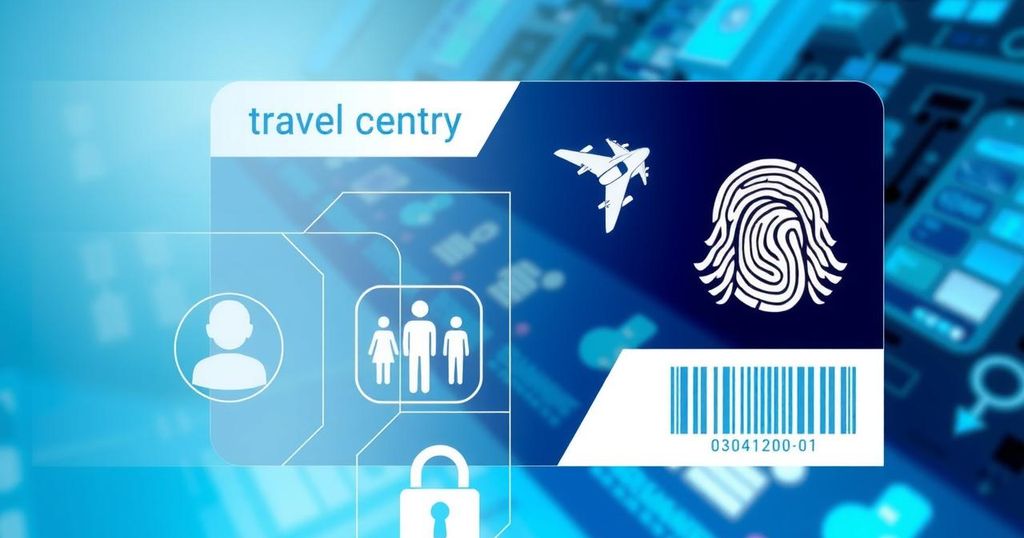Sam Altman’s iris-scanning technology, now called World, launches in the U.S. amid concerns over privacy and digital security. The technology offers cryptocurrency and a digital ID in exchange for iris scans but faces regulatory scrutiny in several countries. Critics warn about the implications of linking biometrics to digital identities, while Altman envisions this as a step toward trustworthy online interaction.
Sam Altman’s biometric venture, now called World — previously known as Worldcoin — has just made its entry into the U.S. market. This much-anticipated launch has combined sci-fi aspirations with rising fears over privacy issues. The technology works by scanning a person’s irises, providing them in return with cryptocurrency and a digital identity known as World ID.
The unveiling took place in San Francisco on Wednesday, revealing a new, portable version of their imaging device, the Orb. This sleek silver sphere captures iris patterns to confirm an individual’s humanity. Altman, who also oversees OpenAI, emphasized the importance of this initiative in a future increasingly led by artificial intelligence.
According to a company press release, the timing is crucial as AI takes greater strides. “As AI advances, it’s increasingly important to distinguish between humans and bots online,” they stated, positioning the World ID as a vital measure for proof of identity in the digital age.
However, despite the ambitious vision, the project is not without its controversies. Legal issues have arisen on several fronts. Authorities in Spain have halted the initiative, while Argentina has issued fines related to its data usage. Kenya initially launched a criminal investigation and later suspended operations, and regulators in Hong Kong ordered World to stop functioning due to excessive data collection concerns.
Even with these setbacks, World asserts their system is secure. They claim the Orb doesn’t retain actual images of users’ irises. Instead, it generates an encrypted code linked to a blockchain-based digital identity. Critics, however, are still skeptical about the implications. “Once you link an unchangeable biometric like your eye to a global ID system, you can’t take it back,” warned a cybersecurity expert. “It’s the ultimate honeypot for surveillance.”
Altman, age 39, gained recognition as the CEO of OpenAI, the organization behind ChatGPT. He’s become a key player in AI’s rise while raising concerns about deepfakes and misinformation. Now, he’s shifting from artificial intelligence to ensuring the authenticity of those accessing technology.
With the app claiming it has already verified over 11 million individuals globally, its reach continues to grow. The company has also partnered with Visa to launch the World Card, which users can use wherever Visa is accepted. Additionally, a collaboration with Match Group’s Tinder in Japan will enable identity verification through iris scanning to combat romance scams.
This U.S. launch aligns with a backdrop of support from the Trump administration for digital assets and technological developments. Trump has previously expressed a desire for the U.S. to become the “crypto capital of the world” and has favored initiatives to lessen regulatory roadblocks for innovation.
This atmosphere may explain why Altman chose this moment to launch World domestically, following a previous slow and careful international rollout. Addressing the audience in San Francisco, Altman stated, “We are building the foundational layer of the internet economy.” While some see this as a step towards a bright digital future, others perceive it as a troubling trend.
As biometric identification systems grow more common, the public is being urged to exchange personal identification like their irises in exchange for convenience and access to services. It’s a complex trade-off that raises profound questions about privacy and security in the age of digital identities.
Sam Altman’s World project has officially debuted in the U.S., utilizing iris-scanning to create a digital identification system. This rollout, however, is accompanied by significant privacy concerns and prior legal challenges across multiple countries. While Altman frames the initiative as an essential step forward in the digital age, the public’s willingness to trade personal biometrics may provoke ongoing debate.
Original Source: www.foxbusiness.com





